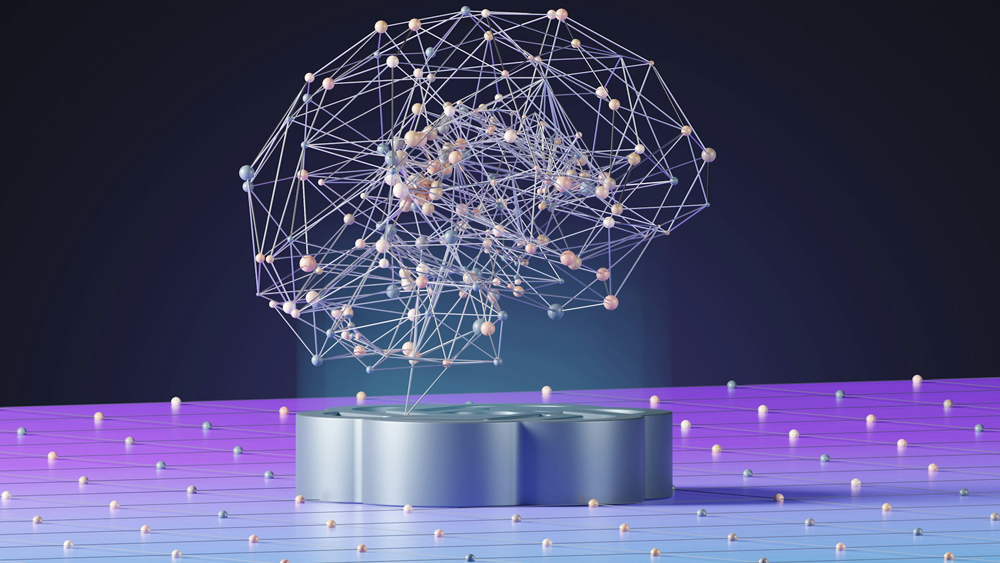In the ever-evolving landscape of technology, Neuralink has emerged as a groundbreaking endeavour, capturing the imagination of many and raising important questions about the fields of medical science and engineering. Led by Elon Musk, Neuralink promises a future where the human brain and machines can work hand in hand. But as we delve into the possibilities, it’s crucial to consider the potential blessings and threats that medical-engineering, exemplified by projects like Neuralink, may pose to our species.
Imagine a world where people with paralysis can regain control of their limbs, individuals with neurological disorders find relief, and our brains seamlessly connect with computers to enhance cognitive abilities. This is the utopian vision that Neuralink seeks to bring to life. At its core, Neuralink is developing brain-machine interface technology, aiming to create a direct communication link between the human brain and external devices.
The technology involves implanting small, flexible threads into the brain, connected to a tiny device placed behind the ear. These threads, finer than human hair, are intended to pick up signals from neurons and enable the brain to communicate directly with computers or other devices. Musk envisions a future where people can interact with technology simply by thinking, opening up new possibilities for medical treatments and human capabilities.
On the bright side, Neuralink holds the promise of transforming lives. Individuals with spinal cord injuries or paralysis could regain mobility, and those with neurological conditions like Parkinson’s disease may find relief through targeted interventions. The potential for brain-machine interfaces to enhance cognitive functions could revolutionise education and open up new avenues for scientific discovery.
However, the rapid development of medical-engineering technologies like Neuralink also raises valid concerns, especially when considering the potential threats they might pose to humanity. One major worry revolves around issues of privacy and control. As our brains become integrated with technology, questions arise about who has access to our neural data and how it might be used. The fear of unauthorised access or malicious use of this information is not to be taken lightly.
Moreover, the very idea of tinkering with the intricate workings of the human brain sparks ethical debates. The potential for cognitive enhancements and the creation of “superhuman” capabilities could lead to societal divides and inequalities. What happens when only a select few can afford or access these enhancements, creating a divide between the enhanced and the non-enhanced?
The fear of unintended consequences also looms large. As with any powerful technology, there is a risk of misuse or unintended side effects. What if the integration of technology with our brains inadvertently leads to unforeseen cognitive or psychological issues? The potential long-term impact on our mental well-being and identity is a critical consideration.
Despite these concerns, it’s essential to approach the rapid development of medical-engineering technologies like Neuralink with a balanced perspective. Striking a careful balance between embracing the potential benefits and addressing the ethical and societal challenges is crucial.
In conclusion, the question of whether medical-engineering, exemplified by projects like Neuralink, is a blessing or a threat is a nuanced one. While the potential for transformative medical treatments and enhanced human capabilities is exciting, the ethical and societal implications cannot be ignored. As we navigate this uncharted territory, it’s essential for scientists, policymakers, and the public to collaborate in shaping a future where medical-engineering technologies enrich human lives without compromising our fundamental values.

